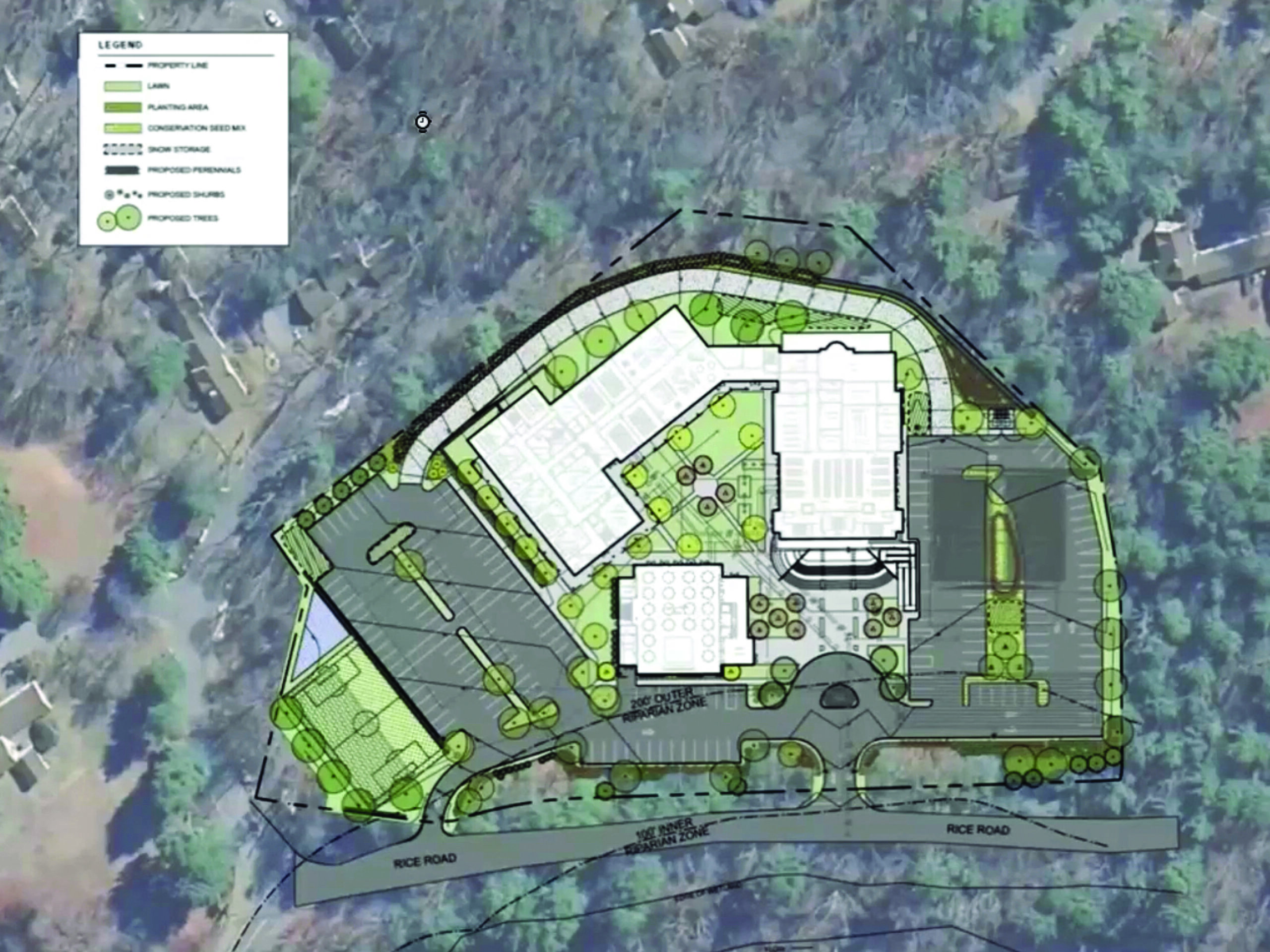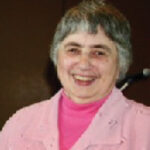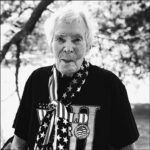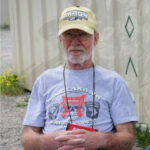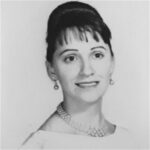By June Valliere
New details on Philopater Mercurius & St. Mina Coptic Orthodox Church’s proposed construction project was disclosed at the Oct. 15 Planning Board meeting. Representatives have already been in front of the Design Review Board and Conservation Commission.
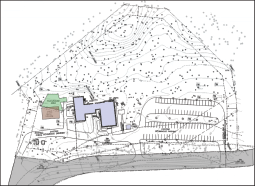
The church, at 169 Rice Road, plans to replace some trees that will be torn down. It was disclosed that there will be lighting on the proposed 100-foot towers, on timers to shut off at midnight. One of the two remaining parking lot entrances will only allow a right turn onto Rice Road. The 24 housing units may not be accountable to Subsidized Housing Inventory (SHI) and there will be years long delay before construction of the last building would start.
Planning Board Chair Annette Lewis initiated the meeting by reading the Dover Amendment which was enacted in 1950 to prevent municipalities from prohibiting or unreasonably restricting the use of land for religious, educational, or agricultural purposes. However, the law allows towns to apply “reasonable regulations” on bulk, height, yard size, setbacks, and similar matters; and the burden falls on the applicant to demonstrate that such limits are unreasonable.
Shaun Landon of DSK Architects reviewed St. Philopater Mercurius & St. Mina Coptic Orthodox Church’s building plans with the Board. The church will demolish its current building, replacing it with a significantly larger church featuring two, 100-foot towers and four additional buildings on its 5 ½ acres. In addition to the church, the new religious campus will include a youth center, soccer field, Sunday school, senior housing, and a Diocese Center – which will contain the church’s administrative offices, function and conference facilities, storage space, and temporary living quarters for visitors.
The project, which includes cutting down approximately 500 trees and adding significantly more lighting, will be constructed in three phases. Landon said it would take around 18 months to complete each with a possible pause before the final phase.
The building plans are compliant with zoning regulations related to setbacks, parking, traffic, tree replacement, and height bylaw limitations, except for the 100-foot towers, according to Landon. He provided preliminary details on the lighting because the consultant’s study was not completed. His discussion focused on the downlights in the parking lot. They also plan to incorporate solar panels in the design.
Lewis pointed out that only 10 mature trees remained, excluding the trees at the perimeter. She explained later in the meeting that some of the trees the church planned to remove on the property perimeter near the road appeared to be on town land.
Rice Road is a designated scenic road. About 15 years ago, Wayland residents requested that the town install sidewalks but Town officials denied the request, stating that Rice Road was a designated canopy roadway, a term used for roads where significant trees form a “towering canopy” over the road. The bylaw is intended “to maintain the road’s rural, natural, historic, and scenic character”, according to the town’s website. This bylaw protects trees and historical walls bordering the road.
The question remains whether the clear cut of all 500 trees would take place at the beginning of the project, although the last construction phase will not be completed for almost a decade. The church will be built into the hill, with the foundation acting as a retaining wall.
The 24-unit residence will have studio and one-bedroom units. Jonathan Silverstein, the church attorney, did not know if the residence would qualify as SHI, Massachusetts state program that tracks affordable housing. He said that although the units could be available to non-church members if there were room, the primary purpose is to house church members who are currently shuttled from towns that were an hour away to attend church service. Silverstein added that the church is not required to provide housing to the public because they are protected under the Dover Amendment. Lewis asked Silverstein to submit a written explanation of why the residences are covered under the amendment.
SHI is used to measure a community’s stock of low-or moderate-income housing for the purposes of M.G.L. Chapter 40B, the Comprehensive Permit Law. Chapter 40B is a Massachusetts state law that encourages the development of affordable housing.It allows developers to bypass local zoning regulations for a streamlined permitting process if at least 20-25% of the units in a project are set aside for low- and moderate-income residents.
Chapter 40B aims to increase the supply of affordable housing in communities where less than 10% of the housing stock is affordable. Currently Wayland’s affordable housing stock is around 10.1%. If the Church does not have affordable housing on their site, affordable units must be built elsewhere in town for Wayland to maintain its 10.1% affordable housing stock.
The church’s attorney’s argument that the church residences are protected under the Dover Amendment, which applies to religious institutions, could also determine if they pay taxes on the rent collected. In Wayland, churches are required to pay property taxes on any part of their regularly rented or leased property unless the property is used exclusively for religious or charitable purposes.
Comments & questions from other attendees
Attorney Dennis Murphy, representing the Turkey Hill Village Board, shared his concerns about screening, landscaping, and deforestation. He asked the Board if the town had hired its own traffic, acoustic, and landscaping experts. Lewis confirmed that they did.
Matthew Langweber from the Meadows pointed out that the Coptic Church on Oak Street in Natick does not have 100-foot towers, and except for the Unitarian Church, all other church towers in Wayland meet the 35-foot height limitation. Nicole Goodwin, whose condo is 20 feet away from the church, made an appeal to leave a thicker buffer behind the church. Lewis advised her to have the Turkey Hill Attorney negotiate that with the church attorney.
Bettie Bustle from Turkey Hill commented on people not being able to get out of Turkey Hill’s private road when members were entering and leaving church services. She said that they have already had problems with church members parking on that road.
Planning Board members expressed additional concerns. Jesse Newbury said the water drainage, wastewater, septic, and tree imbalance could be problems. Vice Chair Robin Borgestedt was concerned about dome lighting on until midnight, having an exit which only allowed drivers to exit north, and a traffic study completed in the summer, when church attendance might be lighter. Lewis said she was concerned about parking, churchgoers turning onto the Turkey Hill Road to change direction, making decisions now on buildings and solar to be constructed in 10 years, when technology could change, and whether the soccer field and housing are covered under the Dover Act.
Sean Malone, the church’s civil engineer, subsequently met with Fire Chief Neil McPherson to discuss access plans. It was determined that a gravel fire lane wrapping around the back of the building is required and due to the site’s grade, the fire lane would necessitate a retaining wall along the southeastern portion of the property within the setback area.
Lewis said that the town’s peer reviews still needed to be completed. The Planning Board will meet again with the church representatives on Nov. 12 at 5:30 pm. It will be a hybrid meeting.


